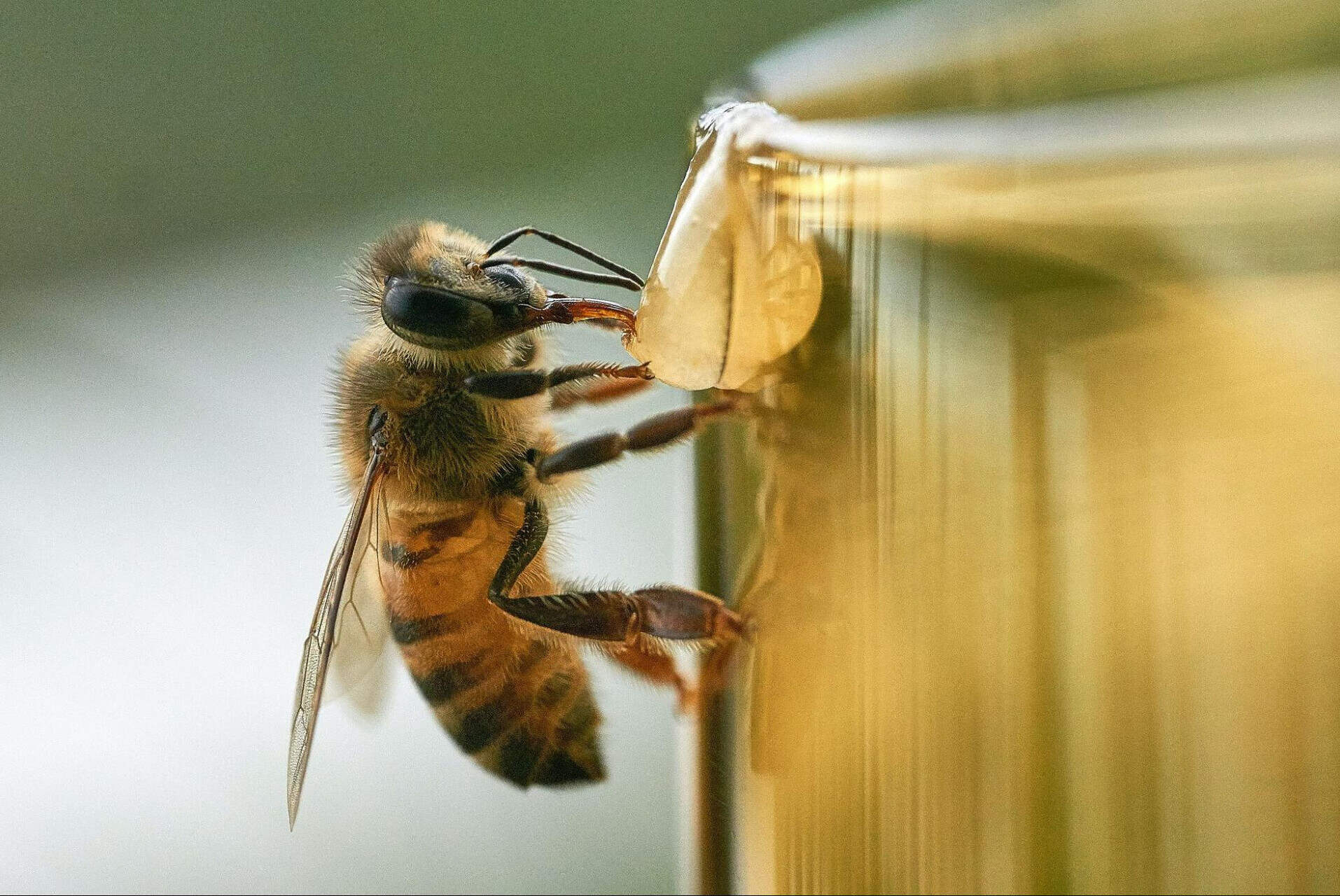
Bees are more than just buzzing insects; they play a crucial role in our ecosystem. Did you know that without bees, many of the foods we love would disappear? These tiny creatures are responsible for pollinating about one-third of the crops we consume. Honeybees alone contribute billions of dollars to agriculture each year. But there's more to bees than just their work ethic. They communicate through a unique dance, have a complex social structure, and even recognize human faces! Whether you're a nature enthusiast or just curious, these 21 facts about bees will leave you buzzing with excitement. Ready to learn more? Let's get started!
Bees: Nature's Tiny Marvels
Bees are fascinating creatures that play a crucial role in our ecosystem. Let's dive into some amazing facts about these tiny marvels.
-
Bees are essential pollinators. They help pollinate about 75% of the world's flowering plants, including many of the crops we eat.
-
There are over 20,000 species of bees. These species range from the well-known honeybee to the less familiar carpenter bee.
-
Honeybees are social insects. They live in colonies that can contain up to 60,000 bees, each with a specific role.
-
Bees communicate through dance. The "waggle dance" is used to inform other bees about the location of food sources.
-
A single bee can visit thousands of flowers in one day. This relentless work ethic is crucial for pollination.
The Life of a Bee
Understanding the life cycle and habits of bees can give us insight into their importance and complexity.
-
Bees have a short lifespan. Worker bees live for about six weeks, while queen bees can live up to five years.
-
Queen bees lay up to 2,000 eggs per day. This ensures the colony's survival and growth.
-
Bees have five eyes. Two large compound eyes and three smaller simple eyes help them navigate and detect light.
-
Bees can see ultraviolet light. This ability helps them find nectar-rich flowers that are invisible to the human eye.
-
Bees have an incredible sense of smell. They use their antennae to detect pheromones and locate flowers.
Bee Products and Their Uses
Bees produce several substances that humans have found incredibly useful.
-
Honey is a natural sweetener. It has been used for thousands of years in cooking and medicine.
-
Beeswax is used in various products. From candles to cosmetics, beeswax is a versatile material.
-
Propolis has medicinal properties. This resin-like substance is used by bees to seal their hives and has antibacterial qualities.
-
Royal jelly is a superfood. Fed to queen bees, it is rich in nutrients and believed to have health benefits for humans.
The Threats Bees Face
Despite their importance, bees are facing numerous threats that endanger their populations.
-
Pesticides are harmful to bees. Chemicals used in agriculture can kill bees or disrupt their ability to forage.
-
Habitat loss is a major issue. Urbanization and deforestation reduce the natural habitats available for bees.
-
Climate change affects bee behavior. Changes in temperature and weather patterns can disrupt their life cycles.
-
Varroa mites are deadly parasites. These mites attach to bees and can devastate entire colonies.
Fun and Surprising Facts
Bees have some quirky and surprising traits that make them even more interesting.
-
Bees can recognize human faces. Studies have shown that bees can remember and distinguish between human faces.
-
Bees have been to space. In 1984, NASA sent bees into space to study how microgravity affects their behavior.
-
Bees can fly at 15 miles per hour. Despite their small size, they are incredibly fast and efficient flyers.
The Buzz About Bees
Bees are more than just honey producers. They play a crucial role in pollinating plants, which helps grow the food we eat. Without bees, many crops would struggle to survive, impacting our food supply. These tiny creatures have fascinating behaviors, like their unique "waggle dance" to communicate. They also have a complex social structure, with each bee having a specific role in the hive. Protecting bees means protecting our future. Simple actions like planting bee-friendly flowers or avoiding pesticides can make a big difference. Next time you see a bee, remember its importance to our ecosystem. Bees are vital to our world, and understanding them helps us appreciate their role even more. Let's do our part to ensure these incredible insects continue to thrive.
Was this page helpful?
Our commitment to delivering trustworthy and engaging content is at the heart of what we do. Each fact on our site is contributed by real users like you, bringing a wealth of diverse insights and information. To ensure the highest standards of accuracy and reliability, our dedicated editors meticulously review each submission. This process guarantees that the facts we share are not only fascinating but also credible. Trust in our commitment to quality and authenticity as you explore and learn with us.


